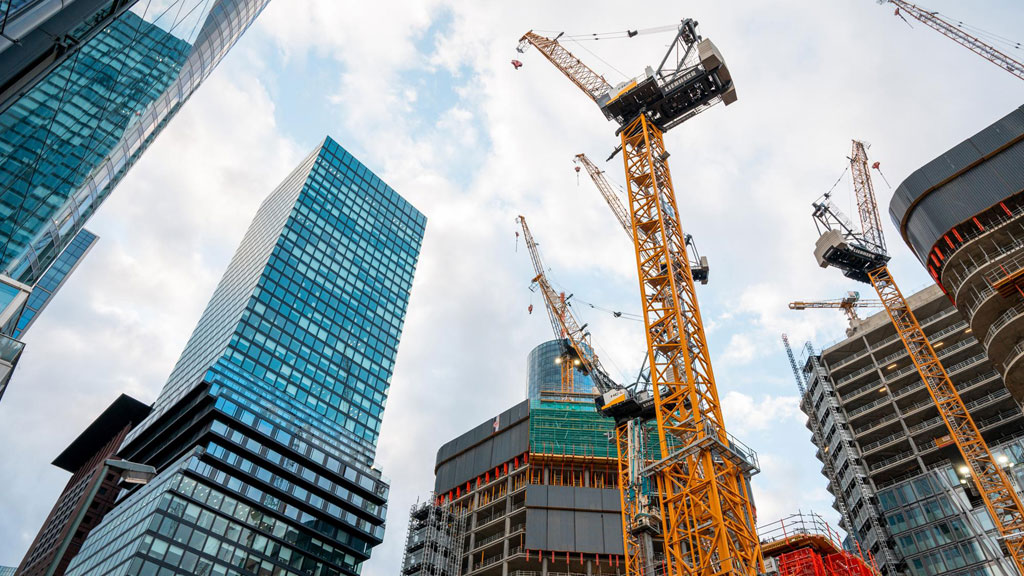
Anyone who’s ever been involved in a construction project in Dubai—big or small—knows one thing: delays are more common than most people think. You start with excitement, you set timelines, maybe even mark your move-in date on the calendar. Then, slowly but surely, something happens. Weeks turn into months. Costs creep up. And that smooth timeline? Out the window.
So what’s really behind these delays?
As a contracting company that’s seen this story play out dozens of times across residential villas, warehouses, and commercial spaces—we’ve come to learn that delays don’t just happen randomly. They usually follow patterns. In this blog, we’re breaking down the most common reasons for delays in Dubai’s construction projects, and how you can actively avoid them.
1. Slow Approval Processes
Dubai has one of the most regulated construction environments in the region. That’s a good thing—it keeps building standards high. But it also means your project is heavily dependent on external approvals from authorities like:
-
Dubai Municipality
-
Trakhees
-
DDA (Dubai Development Authority)
-
DEWA
-
Civil Defense
What causes delays is either submitting incomplete drawings, using consultants unfamiliar with the exact requirements, or working with contractors who don’t follow the proper steps. Some developers underestimate just how many layers of approval are needed before a shovel even hits the ground.
Solution: Work with a contractor who has experience navigating the Dubai approval maze. They should have a strong working relationship with authorities and consultants who are on top of every new regulation.
2. Unrealistic Timelines
There’s a lot of pressure in Dubai to finish fast—especially when clients are trying to hit business deadlines, rental seasons, or personal milestones. But rushing the timeline without considering technical realities sets the whole project up for failure.
We’ve had clients come in wanting a villa completed in six months, with custom finishes and complex MEP. In theory? Maybe possible. In reality? You’ll compromise on quality, and one delay will knock the whole schedule off balance.
Solution: Always build in buffer time. It’s better to finish early than be forced to give explanations every time there’s a delay.
3. Design Changes Mid-Project
This is a big one. And it happens more often than you’d think. A project starts with one design, but halfway through, the client decides to change the kitchen layout, shift room partitions, or upgrade the façade. While changes are sometimes unavoidable, even small modifications can require new structural drawings, additional approvals, or different materials—leading to delays and increased costs.
Solution: Finalize as much as you can in the design phase. Make time to think through the space before construction starts, so there are fewer surprises later.
4. Material Availability and Imports
Dubai’s construction industry relies heavily on imported materials—from Italian marble to German doors and Turkish tiles. Global shipping delays, customs clearance issues, or supplier backlogs can suddenly hold up your entire project.
Even when materials are available locally, specific brands or finishes may be out of stock, especially if they’re in high demand. In some cases, waiting for those materials can put your entire progress on hold.
Solution: Choose materials early. If you’re working with premium or imported finishes, order well in advance and have backups in mind just in case.
5. Unskilled or Understaffed Labor
Construction is a team effort. You can have the best design and materials, but if your site is short on skilled workers—or if labor is rotated too often—the quality drops, mistakes increase, and rework slows everything down.
Some contractors take on too many projects and stretch their teams too thin. Others work with subcontractors who don’t maintain consistent quality standards.
Solution: Ask your contractor about their workforce. Do they have in-house teams? How many people are on-site daily? Labor consistency makes a huge difference.
6. Weather and Site Conditions
While Dubai enjoys mostly clear skies, certain times of the year—especially summer—can impact productivity. Extreme heat slows down manual labor and limits working hours. On top of that, if your site has tricky soil conditions or water table issues, extra groundwork might be required.
Solution: Factor in seasonal impacts when setting deadlines. A good contractor should plan accordingly and avoid promising impossible timelines during the peak of summer.
7. Cash Flow Interruptions
One of the lesser talked about reasons—but a major one—is payment delays. When clients delay payments, contractors are forced to slow down or pause work. This affects subcontractors, material orders, and overall morale on-site. The project ends up in a stop-start rhythm that’s hard to recover from.
Solution: Stick to your agreed payment schedule. A financially stable project is almost always a faster one.
Delays in construction aren’t always avoidable—but most of the time, they’re preventable. They come down to poor planning, weak communication, or working with the wrong team. Dubai’s construction scene is dynamic, fast-paced, and rewarding—but only if you play it smart.
The best way to stay on track? Choose a contractor who’s transparent, experienced, and realistic. Someone who’s willing to have the tough conversations early, not just sell you a dream.
Because at the end of the day, the goal isn’t just to build—it’s to finish, and finish well.
